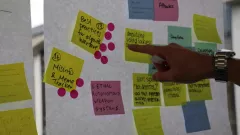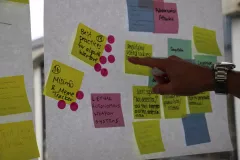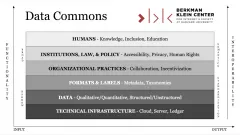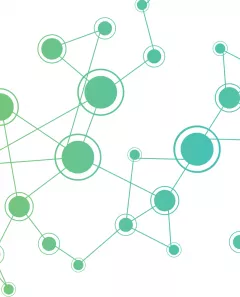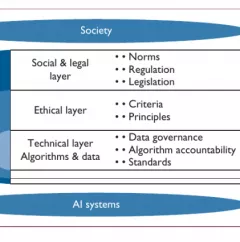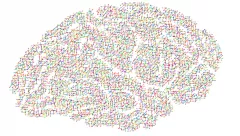AI: Global Governance and Inclusion
AI-based technologies and applications offer tremendous opportunities to build a better world. Advanced systems can be used to enhance educational instruction, improve the efficiency of transportation infrastructure, fight epidemics, support the elderly, and combat corruption, to name just a few examples. However, AI-based technologies can also deepen existing inequalities and create new ones if not developed and deployed in thoughtful ways with appropriate governance safeguards and support mechanisms in place. In a world challenged by growing domestic and international inequalities, policymakers face hard problems and difficult choices when dealing with AI systems.
We are working to fill a need for policymakers at all levels by developing best practices, model legislation, and informational resources necessary for effective decision-making. Our interactions with national and international policymakers have revealed three cross-sectional sets of questions to be addressed to bolster the use of AI for the public good: (1) How can the information asymmetries between technologists and policymakers be reduced, given the complex nature of AI technology? (2) What are all the instruments available in the governance toolbox - borrowing also from previous global governance challenges - that can be applied to AI issues? (3) How can academia contribute to the formation of robust discussion forum to inform the debate about global AI governance challenges and solutions? In order to explore these questions, we are working directly with policymakers and multi-stakeholder groups to make progress towards a more inclusive future.


